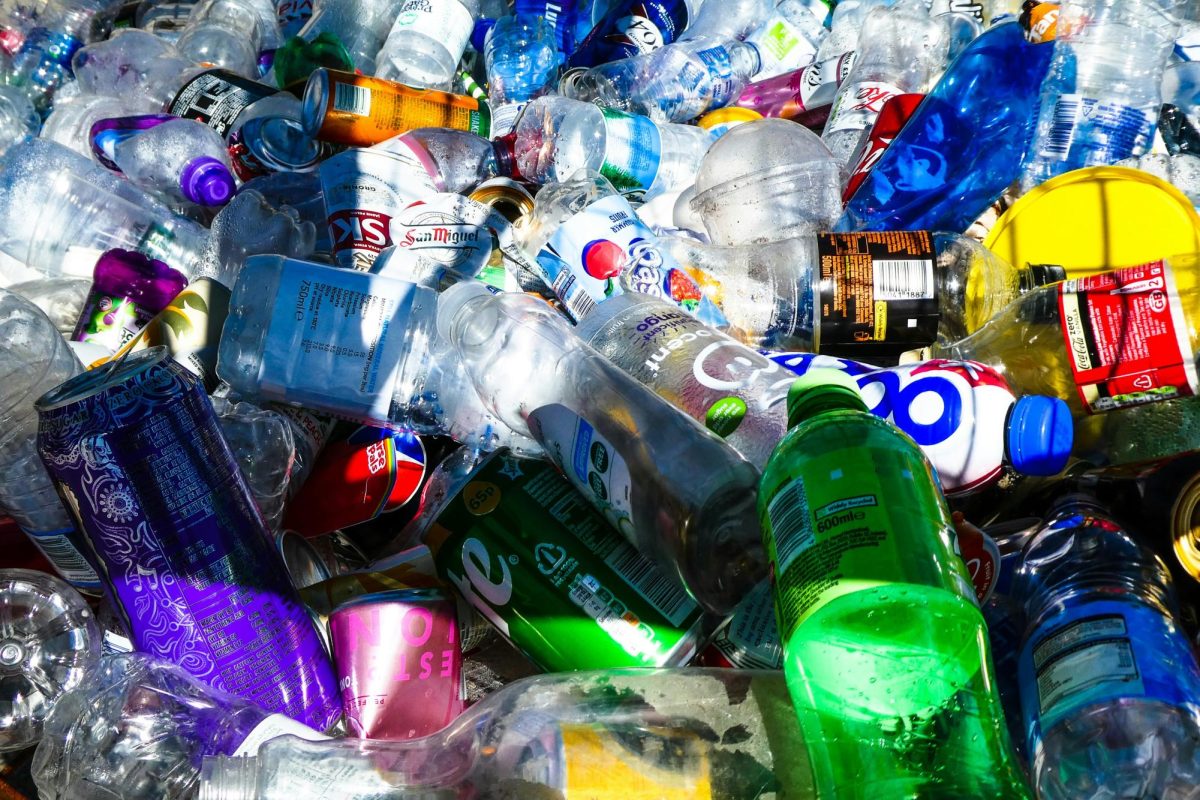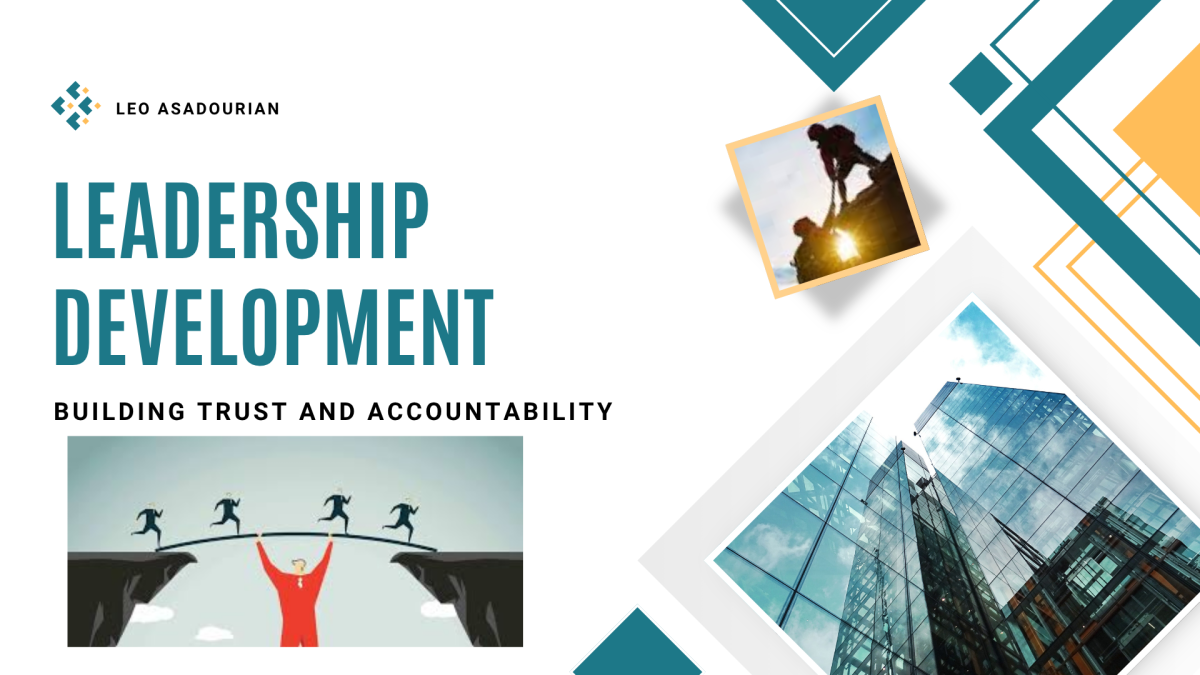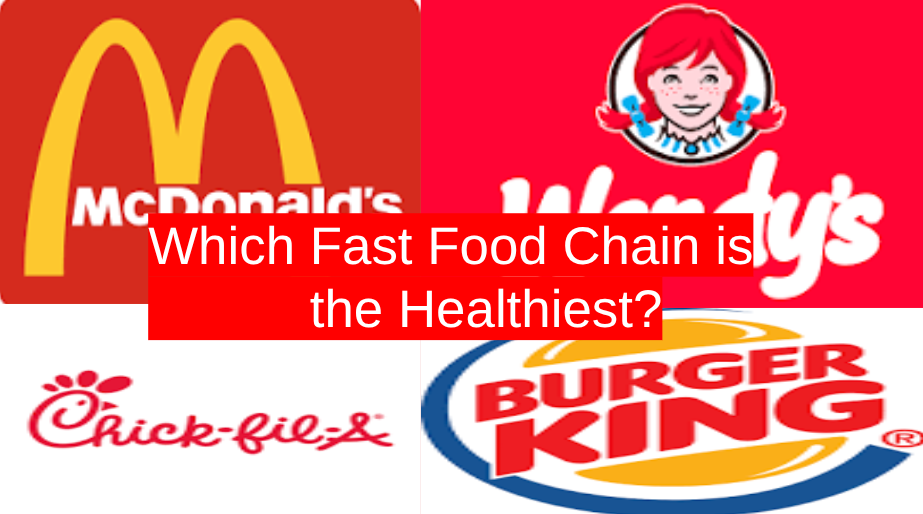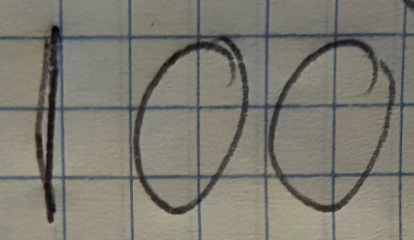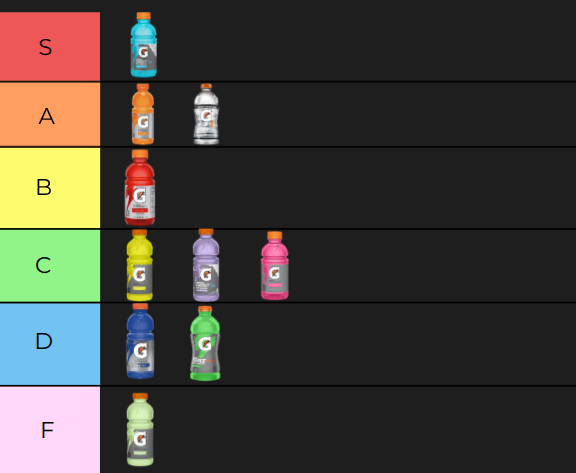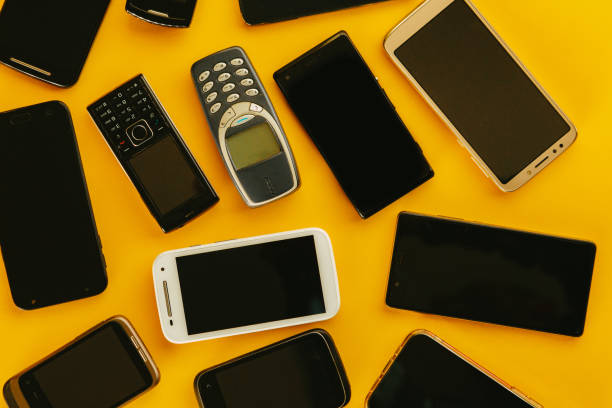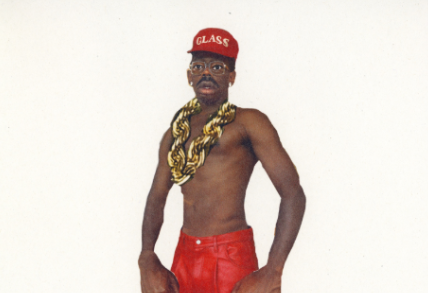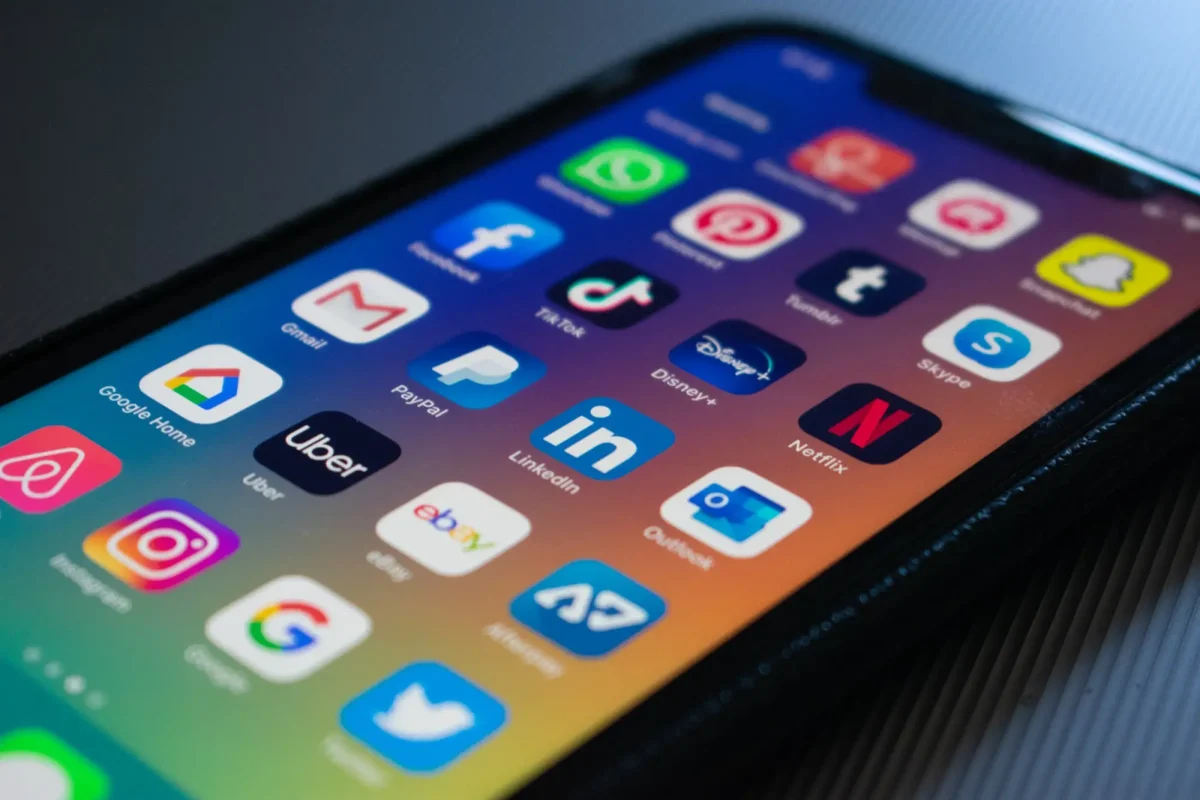It’s 2024. At this point, we as a population have many questions regarding the environment and our planet, yet there are a few things we generally agree upon. One of the most prevalent of these agreed-on facts: plastic due to its nature of never breaking down back into the earth, is harmful to our planet.
Environmental awareness groups flood our social media feeds with declarations and facts, urging us to care more for the environment and our planet will be fixed, filling us with guilt regarding how we have all been living our lives. This awareness movement has trickled down into independent businesses as well, which utilize the sympathy of self-proclaimed environmentalists for sales, allying themselves with these environmentalist messages and spreading preaches of eliminating single waste products, purchasing less plastic, and recycling more.
At this point in 2024, in many communities around the world, it has become socially acceptable that recycling and reducing your individual waste output is the right thing to do. So much so to the extent that today, if someone were to post a statement in one of these communities claiming or alluding to the fact they don’t “believe in” recycling or even stating that they truthfully don’t recycle, odds are they would become what is culturally known as “canceled” or publicly pooh-poohed. But if this is what everyone supposedly does and cares about, why isn’t our Earth squeaky clean?
This article seeks to explore if, “off camera,” the younger generation of Northport, really is educated about and practices the ideals pressed onto them since before they can remember. It will also explore how informed students at Northport High School truly are about the impacts of recycling and the causes for it becoming so widespread.
In order to analyze these aspects of the Northport High School student population, I released a Google Form to Northport students of all grades, with questions such as “Is cardboard recyclable?” and “Do you have separate recycling and trash bins at home?”. This survey asked the students to be candid with their answers and share their true thoughts and feelings. Here’s what I found:
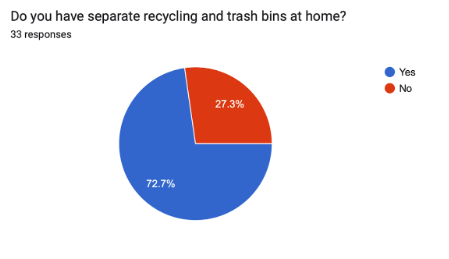
On an individual level, most students at Northport High School are educated in the basics of recycling such as what materials are recyclable with a surprising average of correctness over 93%. Yet as questions became more broad, regarding the world as a whole in questions such as “How many million metric tons of plastic are wasted each year?” and “How many million metric tons of plastic are dumped into the ocean each year?” only an average of 30.3% answered correctly.
Granted, these questions are certainly difficult to answer unless thoroughly educated in the matter. And for the questions that asked students to share their personal experiences with recycling such as if their family brings reusable bags to the store instead of purchasing single-use plastic bags or if they have separate recycling and trash bins at home, the overwhelming majority again was “yes” for these yes or no questions. However, most students don’t go as far as having a separate disposal for organic waste with an average of 72.7% saying they do not have a compost bin at home.
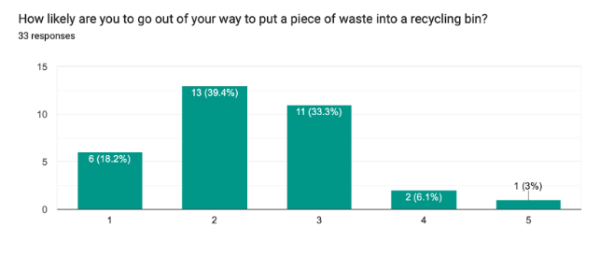
And on a personal level, when asked how likely they are to go out of their way to put a piece of waste into a recycling bin on a scale of 1-5, 1 being “very likely” and 5 being “very unlikely”.
While it is certainly comforting to see that the students of Northport take some initiative to practice what is preached to them, they still have much to learn. This small sample size only scratches the surface of the impact and presence of sustainability at Northport High School, but still shows how just superficially “caring” about an issue won’t solve it.
In order to make a change in our community and the world, action needs to be taken. Make an effort to learn about the impacts of not disposing of your waste properly, and to learn ways we can keep our town clean by taking care of the beaches and parks in our community. Strive for reducing single-use plastic products in our daily lives, and replace them with biodegradable or reusable alternatives. We only have one Earth, one environment, and one Northport. Let’s make sure it stays clean and healthy!

